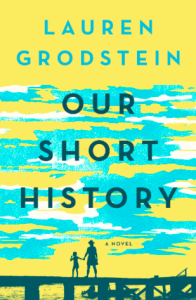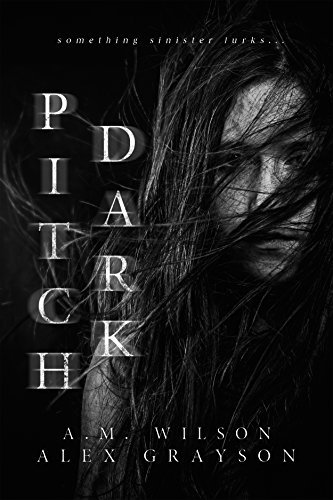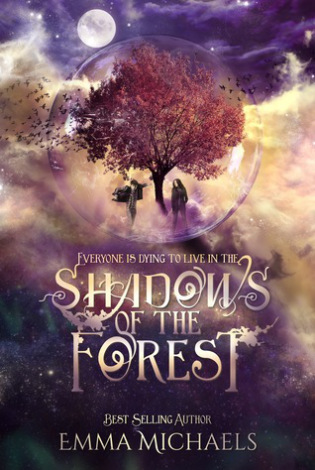In short, this was a period in which the phrase ‘you’re never alone with a good book’ started to sound less like a promise and more like a threat. – I never got to that stage, even when I hit a reading block it rarely lasts more than two days, I may need something lighter to get me back on track, but I think a long period of not wanting to read a book would be a clear sign of depression in my case, one that requires help.
‘Writing brings scant relief. It retraces, it delimits. It lends a touch of coherence, the idea of a kind of realism. One stumbles around in a cruel fog, but there is the odd pointer. Chaos is no more than a few feet away. A meagre victory, in truth. What a contrast with the absolute, miraculous power of reading! An entire life spent reading would have fulfilled my every desire; I already knew that at the age of seven. The texture of the world is painful, inadequate; unalterable, or so it seems to me. Really, I believe that an entire life spent reading would have suited me best. Such a life has not been granted me.’ – Michel Houellebecq – I probably didn’t know that at the age of seven, but I am certain of that now, sadly I’m in the same boat as Houellebecq, it has not been granted to me…yet! I won’t give up easily.
There is some fun but there is little in the way of spontaneity. We do not have the time. Then Monday comes around and we start counting all over again. – yup, the daily grind can be deadly to ones soul, it’s a tough fight to keep caring about it in the craziness and monotony of the everyday demands.
But the more I read, the more I understood – or rather, understood that I did not need to understand. If I let it, the book would carry me instead. – for me this is a sign of a good book, it carries me, I don’t have to force myself to continue reading, or to look for deeper hidden meanings that are not always there, a book that is perfectly balanced, not too in-your-face, but also not unnecessarily obscure, just for the sake of appearing ‘intelligent’.
The secret of The Master and Margarita, which seems to speak to countless people who know nothing about the bureaucratic machinations of the early Stalinist dictatorship or the agony of the novel’s gestation: words are our transport, our flight and our homecoming in one. Which you don’t get from Dan Brown. – yes, true that. I actually wish Miller had read the Inferno, instead of The Da Vinci Code, it was even worse and more ridiculous. Yes, I read both, yes I finished both, yes, there are worse books than The Da Vinci Code.
This was not reading for pleasure, it was reading for dear life.
Once upon a time, I had been in the habit of reading this kind of elaborate, circumlocutory prose. But that was when I was a student, full of piss and vinegar and blithe ignorance. Two decades on, I was gravely out of condition, short of breath, barely limping along. It was too much, too soon, too old. – hahaha, something I discover again and again every once in a while when I try to reread something I loved during my studies. I loved Faulkner’s Absalom, Absalom, I’ve been a huge fan of Vonnegut, a year ago I decided to re-read Slaughterhouse-Five and gave up after 30 pages, too much, too soon, too old…I’d add not enough brain power (used by daily work).
If one were to plot a graph where the ‘x’ axis is ‘high culture’ and the ‘y’ axis is ‘low culture’, with Mozart at the top of the former and The Muppet Show at the far end of the latter, Ian McEwan’s corpus would perfectly bisect the two – the Bonne Maman Conserve in a Wonderloaf baguette. – yup, which is probably why I have no problem reading McEwan, makes you feel smarter, but there is definitely less effort involved than in reading Faulkner. I think the most important thing is to keep reading, the high/low culture considerations are secondary for me.
When I was in my early twenties, it seemed like everyone I knew – every male, I should say – read Bukowski. These men of my acquaintance listened to the Go-Betweens, drank Guinness from a straight glass and loved Bukowski like little girls love ponies. – yup, this has not changed to my knowledge.
It wasn’t that the meals in The Sea, The Sea were only hilarious, but being given permission to find them hilarious opened the novel for me. Until now it had not occurred to me that I was allowed to find anything in any of these books properly funny rather than ‘witty’ or ‘amusing’ or ‘comic’. I had been reading literature, and literature mistrusts hilarity, reasoning that something that makes you laugh out loud must be making its appeal to a coarser sensibility. Yet The Sea, The Sea, especially in its first few chapters, is brilliantly, mischievously funny. I went back to the beginning and laughed a lot at Charles Arrowby. It felt good to laugh.
Notorious Middlemarch-shirker Salman Rushdie has described The Da Vinci Code as ‘a novel so bad that it gives bad novels a bad name’.
This was not just a great book; it was a great book I could love. Of course, I loved my family too, never more so than when in another part of the house, reading about someone else’s family, long ago and far away. – guess which novel was he reading, it starts with a super-famous quote about happy and unhappy families






